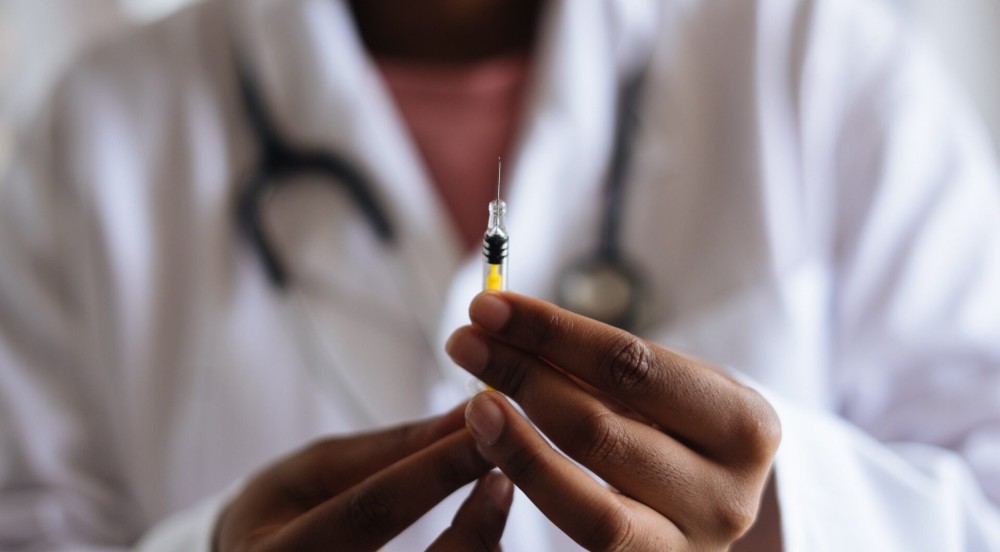As the rare disease continues to spread, learn how you can actively protect yourself.
As concerns surrounding the outbreak of Monkeypox across several countries are heightened, it’s important to understand the disease, symptoms, methods of prevention, and immediate actions to take if you show signs of illness. Renowned surgeon Dr. Leslie Matthews breaks down the disease and offers immediate steps we can take to protect ourselves.
What You Need to Know
According to a recent report by the Centers for Disease Control and Prevention (CDC), “Monkeypox is a rare disease caused by infection with the monkeypox virus…symptoms are similar to smallpox symptoms, but milder, and monkeypox is rarely fatal.” The virus is mostly spread through intimate, personal contact with someone who is already infected. While current data shows that the current majority of cases consists of gay, bisexual men, who have intercourse with other men, Dr. Matthews notes, “everyone can be affected by monkeypox, regardless of race, gender, or sexual orientation.” In addition to intercourse, it can also be contracted by touching objects, fabrics and surfaces that have been used by infected people and haven’t been cleaned, so good hygiene is crucial. It is also possible that respiratory droplets expelled by an infected person, during close face-to-face contact, can be infectious.
What It Looks Like
Once infected, symptoms usually appear within 3 weeks of exposure. The CDC states that the most prominent sign is a rash that “may be located on or near the genitals (penis, testicles, labia, and vagina) or anus and could be on other areas like the hands, feet, chest, face, or mouth.” The rash will evolve in several stages, ranging from painful, itchy pimples or blisters, and scab before healing. It is contagious until it heals. It is important to note that people may experience flu symptoms before a rash including fever, chills, swollen lymph nodes, exhaustion, muscle aches, back pain, headaches, and respiratory congestion. While others may only experience a rash.
Treatment Options
If you are showing symptoms, it is important to seek medical attention immediately, even if you cannot pinpoint where you may have contracted the virus. While there is no specific treatment, your doctor may be able to provide products rash relief for topical sores and blisters. Additionally, the CDC states, “monkeypox and smallpox viruses are genetically similar, which means that antiviral drugs and vaccines developed to protect against smallpox may be used to prevent and treat monkeypox virus infections.” In general illness typically lasts 2-4 weeks and most patients fully recover. During this time, it is crucial to isolate and avoid close contact and sex with others. Dr. Matthews notes that this contact includes kissing and even cuddling.
Prevention is Key
Protecting yourself from the virus is possible. For starters, practice safe sex and use discernment about social situations which may expose you to anyone infected. For those who at higher risk, the CDC reports “getting vaccinated if you were exposed to monkeypox or are at higher risk…to help protect you and your community.” It is also advised to avoid any animals who may have contact with infected humans, as they can also spread the disease.
Boosting your immunity is also helpful explains Dr. Matthews, who is known as one of the top vitamin D experts in the world. He says, “Vitamin D is both a nutrient and hormone used to boost our immune system. This hormone contributes to reducing the risk of diseases, including Monkeypox.” With half of the world being Vitamin D deficient, Dr. Matthews states, “…we’ll have all types of viruses, bacteria, and fungal infections sweeping around the world.” The surgeon recommends taking a daily supplement that “amps up your immune system to fight any viruses, bacteria, parasites, fungus, and even cancer cells.” He also notes to avoid travel to Central or West Africa where the infection rate is exceptionally high.













